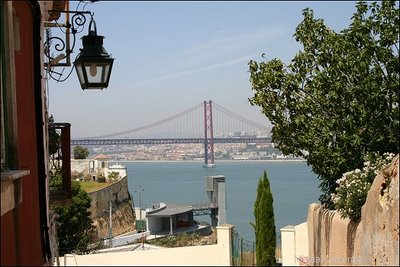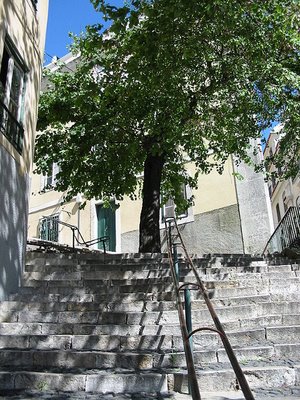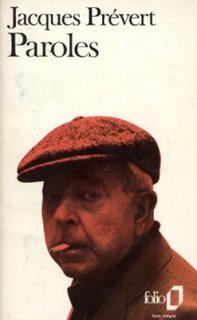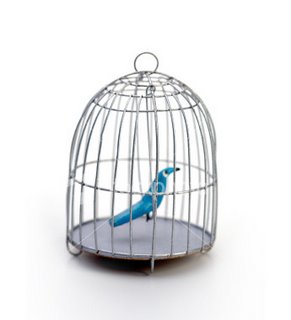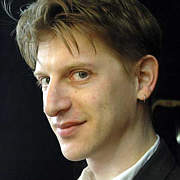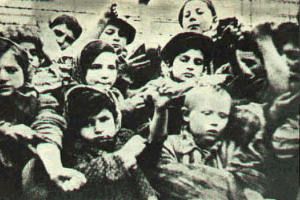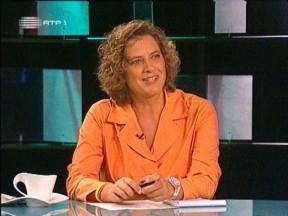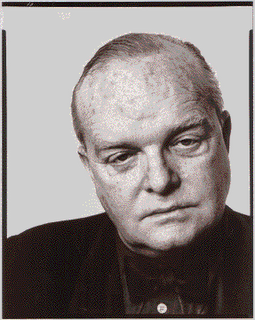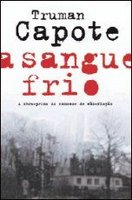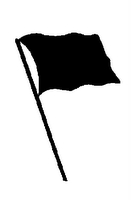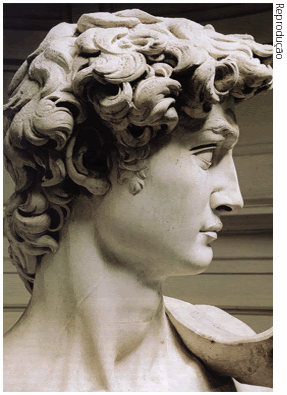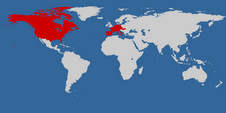Saudoso Irmão!
Sei bem que estas linhas são razão suficiente para que te ocorram, pelo menos, duas interrogações: se terei perdido o juízo, ou se foi a minha fé positivista que me abandonou.
É a ti que me dirijo, são para ti estas palavras. Não estranhes esta minha atitude. Não é nem a carta, que nunca poderei enviar-te, nem a página do diário que, bem sabes, nunca mantive. Nestes últimos dias tenho pensado muito no que te quero dizer. Se tivesse apontado tudo o que me ocorreu, decerto teria matéria para um longuíssimo texto. Mas tal não é possível. Não tenho todo o tempo do mundo.
Decorreram anos – muitos – desde que nos vimos pela última vez. Custa-me muito a acreditar, agora ainda, que assim é. Depois daquele Natal e daquele Ano Novo, ficámos limitados a uns poucos contactos, não menos importantes por isso. Mas conversas como as que transformavam as noites em dias infindáveis nunca mais pôde haver. Nunca mais tive um interlocutor que se te pudesse comparar. É egoísta da minha parte dizer‑te isto assim, mas é verdade.
As amizades da idade adulta são com frequência enganosas. Não porque haja a intenção deliberada de abandonar o outro ou de o trair. Mas compreendo mal a volubilidade das relações de hoje em dia. De início, as atenções, os cuidados e as preocupações são desproporcionados numa relação que mal começou. Pouco depois, porém, o que se afigurava ser já uma amizade, de repente, redunda num mero conhecimento de circunstância, como se apenas uma curiosidade inconsequente tivesse norteado os passos subsequentes ao primeiro encontro, como quem diz "Conheci-te como quem experimenta uma peça de roupa, mas não gostei muito do efeito". Mas uma amizade da infância ou da adolescência, por força da longa convivência, está ao abrigo dos enganos e das desilusões, e chegar a adulto com uma, uma só que seja, é além do mais uma prova de transparência, de despojamento e de dedicação por parte daqueles que há muito aprenderam a estimar-se. E é por tudo isto – e muito mais – que a tua ausência é tanto mais difícil de suportar.
Neste dia em que a tua ausência é especialmente e dolorosamente pesada, recorro a textos teus, para que o desgosto seja menor. Estou grato a uma eventual força superior por esta minha característica de não me desfazer das coisas com facilidade. Neste caso, é uma virtude. Cartas, postais, bilhetes teus, tudo eu fui guardando, impelido sei lá por que premonição, sem outro propósito que não fosse o de não me desfazer daquilo que fora escrito em minha intenção e que eu por isso muito prezava. Ao ler aquelas cartas, percebo melhor os caminhos que a nossa amizade percorreu e refaço‑os de memória. Sempre que a tua ausência pesa, é maior o consolo que elas me trazem, e sinto também uma serena alegria por conseguir entender melhor o que, de início, me pareceu incompreensível para todo o sempre: a tua partida.
Naquela tarde luminosa, a última, despedimo-nos com um "Até amanhã". Estávamos ambos ausentes de nós próprios pelo peso daquele momento. Nem tu quiseste dizer adeus, nem eu me apercebi de que chegara a hora derradeira. Tudo pareceu parar. Digo bem, pareceu. Nada mais enganoso que ter pensado que o silêncio seria, de então em diante, absoluto. Ao longo de todos estes anos, poucos terão sido os dias em que não me tenha lembrado de um ou outro momento vivido por nós. Em que não me tenha parecido que continua a haver entre nós uma espécie qualquer de comunicação. Em que a saudade não tenha sempre aumentado.
O absurdo do fim ainda hoje me consome. Cheguei a crer que nunca mais voltaria a articular palavra, tão longo e tão profundo foi o mutismo a que me fui remetendo. Habituei-me ao silêncio. A escutá-lo e a vivê-lo. Vezes sem conta tenho ainda tentado desvendar os sinais que, de um ou de outro modo, iluminam os dias, abrem os caminhos e quebram os silêncios. Em vão. Não parece que eu tenha sido dotado daquela capacidade que permite a muitos navegarem à bolina pela vida fora, sem demais preocupações. Tudo o que antes fora força e ânimo, é, ainda hoje, desde então, debilidade e desnorte.
Por muito que isso te admire, tenho pensado na possibilidade de um encontro. Quero acreditar que é possível, que há forma de nos encontrarmos. Que te verei como te via naquelas noites infindas de conversas sem fim. Não consigo deslindar se estou perante um desiderato, se um desígnio. Se esta minha ideia é um desiderato, então, se eu desejar intensamente com todas as forças que possa convocar, o nosso encontro será certo. Dependerá sobretudo da intensidade do meu desejo. E se for um desígnio? Neste caso, a minha ideia será um plano e, a sê‑lo, se for devidamente desenvolvido e aplicado, concretizar-se-á. Esta é a palavra que me agrada e me tranquiliza.
No final daquela tarde luminosa em que conversámos fugazmente pela última vez, estávamos ambos ausentes de nós próprios. Será que esse ínfimo instante marcou o lugar onde um dia o nosso encontro se concretizará? Estou em crer, não sei porquê, que nos encontraremos em breve, ainda que este breve se meça por outro relógio em que não sei ver as horas.
Vale – e muito – esta experiência de me poder dirigir a ti, meu saudoso Irmão. Noutro contexto, o que não diriam deste texto e de quem o escreveu?…
Até amanhã. Até sempre.
PS - Sei que tens saudades dos dias em que festejávamos o teu aniversário.
Hoje, fazemo‑lo de outra forma: recordamo‑los. E assim estamos contigo.
Faz hoje 48 anos que nasceu o meu melhor amigo Z. L.
Fez 13 anos no passado dia 8 de Abril que o Z. L. morreu.
RIC




